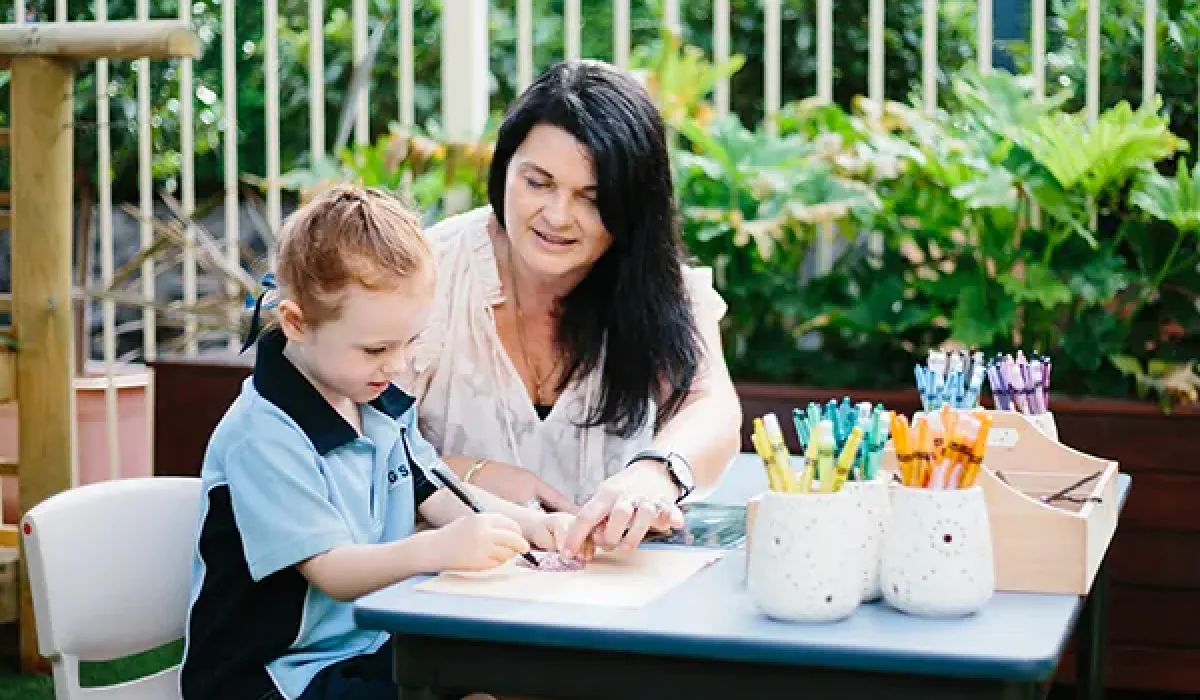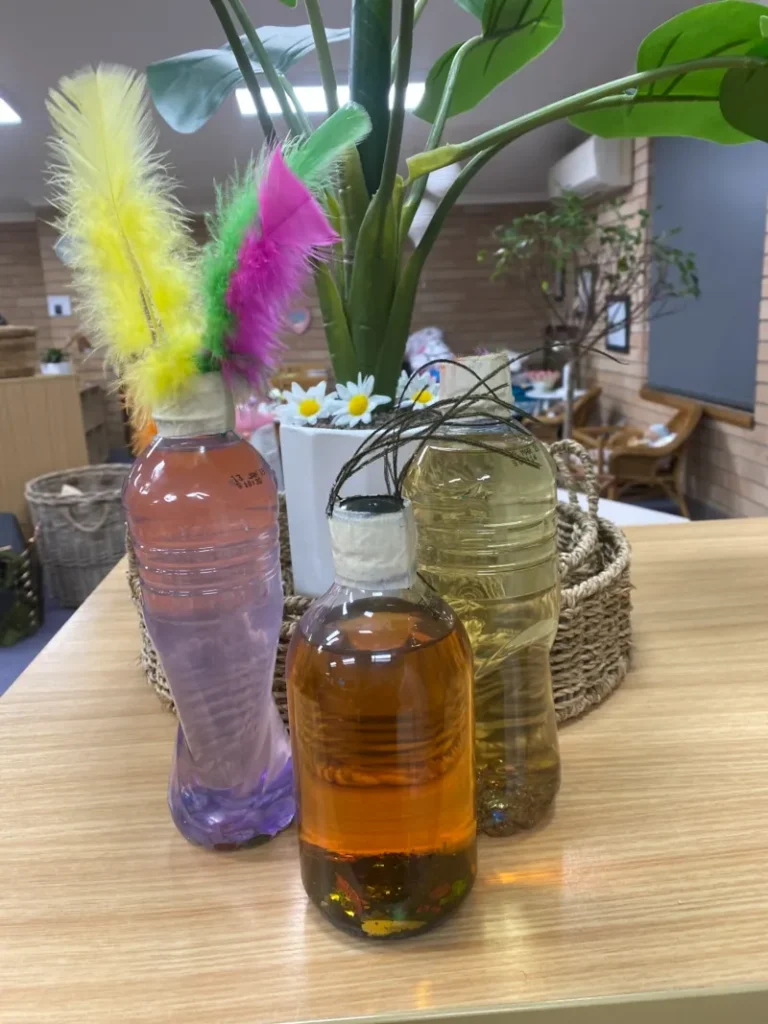
Mindful in May
Mindfulness is the practice of being in the moment. It is a process of intentionally bringing attention to what is happening in the present and the moment-to-moment awareness of thoughts, feelings and sensations and the surrounding environment. It involves slowing down our often busy minds and paying attention to the here and now with an attitude of non-judgemental acceptance, openness and curiosity.
The first five years of life are fundamental to a child’s future. The most crucial period of rapid brain development takes place during these early years and lays the foundation for children’s health, happiness, growth and wellbeing.
Part of the reason why mindfulness is so effective for children can be explained by the way the brain develops. While our brains are constantly developing throughout our lives, connections in the prefrontal circuits are created at their fastest rate during childhood. Mindfulness, which promotes skills that are controlled in the prefrontal cortex, like focus and cognitive control, can therefore have a particular impact on the development of skills including self-regulation, judgement and patience during childhood.
The Early Years Learning Framework (EYLF) calls it “being”. It recognises the “significance of the here and now” in a child’s life. It’s about your child being present, getting to know themselves, developing relationships and exploring the joys of everyday life.
Many people practise mindfulness in their day-to-day lives. Mindfulness for children should be interactive, play-based, and focused on sensory and body awareness. It should use emotional vocabulary and sensory language (for example, talking about sounds, taste, textures and smells), be hands-on where possible, and most importantly, it should be fun.
Joyful engagement in learning promotes a positive attitude towards school from an early age. Harnessing the natural wonder and curiosity of young children is critical as the attitudes children gain in their early years have deep and lasting effects on the mind set which they develop towards lifelong learning.
At TIGS Prep we endeavour to provide children with choices over their learning, offering a range of inspirational activities and creating an inviting and joyful space in which ‘to learn’ is part of this process. The recognised benefits of this include improved focus and productivity, reduced stress, enhanced cognitive performance, increased resilience and self-awareness, and improved social awareness and self-confidence.
As a point of reflection – How often do you slow down? How frequently do you press the pause button, calm your mind and anchor your awareness in the present moment?
Practising mindfulness has many benefits for both adults and children. Being mindful:
- Improves decision making It creates a space between a strong emotion and the way we react.
- Strengthens social interactions Mindfulness leads to an increase in social behaviours.
- Provides stress relief Ability to deal with stress or regulate against the harmful effects of negative emotions.
- Quietens busy minds Negative thoughts about the past or future are replaced with a mindful observation of what we see, hear, smell, taste and feel.
- Regulates emotions Being able to identify and acknowledge how we feel, allows us to cope and respond to our inner feelings consciously.
- Increases ability to focus Less noise in our heads means we are less likely to be distracted by our emotions and thoughts.
- Improves self-esteem Recognising our negative thoughts allows us to respond to them with kindness and feel better about ourselves. Improved focus and enhanced skills boost self-esteem.
- Accelerates learning and memorising Less stress, quieter minds and improved focus enhance cognitive, creative abilities and problem-solving skills.
- Makes us feel better emotionally and physically With less stress and anxiety to deal with, we get better sleep, and our health improves.
Children of all ages can benefit from mindfulness, the simple practice of bringing a gentle, accepting attitude to the present moment. It can help parents and caregivers too, by promoting happiness and relieving stress.



